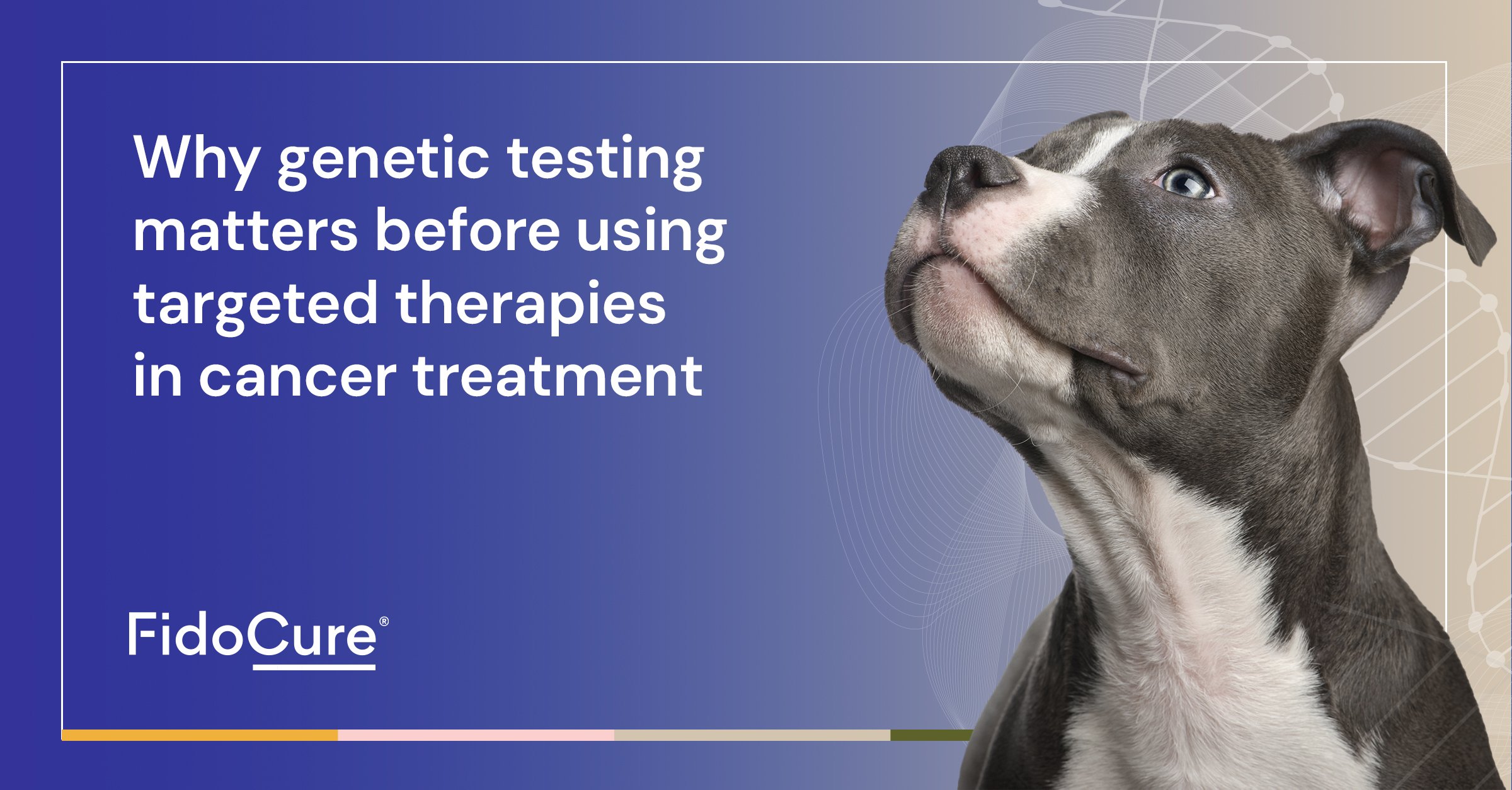Hepatocellular Carcinoma in Dogs: Understanding This Common Liver Cancer
Hepatocellular carcinoma (HCC) is the most common primary liver cancer in dogs. It can present as a single mass, multiple nodules, or diffuse spread throughout the liver, which increases the risk of metastasis. The main treatment options are surgical removal, metronomic chemotherapy, and/or Palladia. The prognosis is generally good for the single, massive form after surgery, but consulting a veterinary oncologist is recommended for all cases.
The most common form of HCC is a single, large mass (massive form). However, HCC can also present as multiple small nodules (nodular form) or with cancer cells spread throughout the liver (diffuse form). The nodular and diffuse forms are more likely to spread to other organs, such as lymph nodes, the abdominal lining, and the lungs. While no specific breed or sex is more prone to HCC, some studies suggest that miniature schnauzers may be diagnosed with HCC more frequently than other breeds.
Treatment Options
The main treatment for HCC is surgery to remove the tumor and/or the affected liver lobe. In some cases, if the entire mass can be surgically removed, no further treatment may be needed. However, if surgery cannot remove all the cancer cells or if the cancer returns, chemotherapy may be used to delay its progression.
Chemotherapy is generally well-tolerated in dogs, with minimal to no side effects. Potential side effects can include fatigue, loss of appetite, vomiting, and diarrhea. Several chemotherapy options exist for HCC, including traditional injectable chemotherapy drugs and metronomic chemotherapy. In dogs, as in humans, anti-angiogenic therapies such as Palladia (toceranib) or sorafenib have been used to target tumor blood vessel growth, helping to slow tumor progression. These targeted oral drugs can be used for HCC and are taken daily at home, but may require regular check-ups to monitor tolerance and treatment response.
Prognosis
For the massive HCC form, the prognosis is generally good after surgically removing the affected lobe, with low rates of cancer returning locally or metastasizing. In contrast, the nodular and diffuse forms of HCC have a poorer prognosis because the involvement of multiple liver lobes often makes surgery impossible. Additionally, these forms of the disease are highly likely to metastasize.
For the most accurate prognosis and treatment recommendations for your dog with hepatocellular carcinoma, consult your veterinarian or a veterinary oncologist. They can provide personalized guidance based on your dog's specific case, considering factors such as cancer stage, grade, tumor location, and concurrent health issues.


